"Anybody who gets this console, it'll be the most famous studio in the world": The legendary mixing desk used on The Beatles’ Abbey Road is going up for sale
"It's one of the best albums that’s ever been made, and it sounds so good because of this recording console"
Want all the hottest music and gear news, reviews, deals, features and more, direct to your inbox? Sign up here.
You are now subscribed
Your newsletter sign-up was successful
The legendary recording console used on The Beatles' Abbey Road is going up for sale on gear marketplace Reverb.
Custom-built for Abbey Road Studios (then known as EMI Studios) in 1968, the EMI TG 12345 MK1 was installed in Abbey Road's Studio 2 control room and used by George Martin and Geoff Emerick to record The Beatles' final album the following year, before being utilized on solo projects from all four members of the band, including John Lennon's John Lennon/Plastic Ono Band and Paul McCartney's McCartney.
The console was so beloved by the Fab Four that Harrison is said to have asked EMI if he could buy his own, a request that was denied out of fear that the console would be replicated and sold to competitors.
A team of engineers and technicians assembled by MJQ Ltd, who will be selling the console through their Reverb store, has spent four years restoring the desk under the watchful eye of former EMI engineer and Beatles collaborator Brian Gibson. The console now contains 70% of its original parts, with the remainder made up of painstakingly recreated replacements that have been custom-built to mirror the sound of the original unit, using the same materials and processes as the original components.
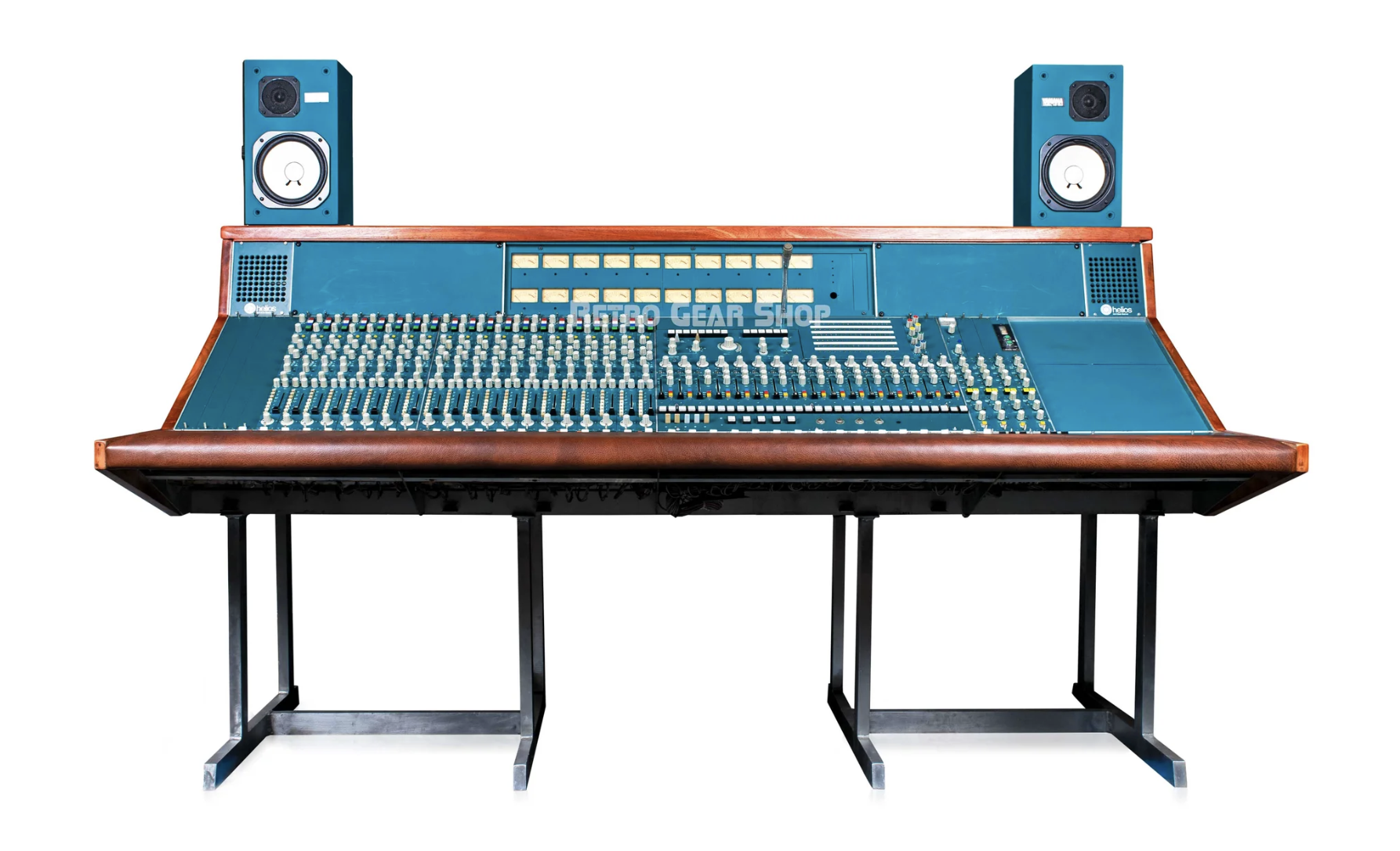
Helios mixing console used to record Bob Marley's No Woman, No Cry goes on sale
17 TG 12345s were manufactured in total, but as the prototype, this is the only MK1 version in existence. "They had no idea that it would be so rare and valuable, precious and sought-after, because it's so revered in comparison with what came next," says Hamish Jackson of MJQ Ltd. "Anybody who gets this console, it'll be the most famous recording studio in the world".
After being used for the Beatles' '70s solo sessions, the console was disassembled and remained unused until this year. Now fully operational following its restoration, it's been given a test run at London's Decca Studios in a session with producer and engineer Robbie Nelson, documented in the video above.
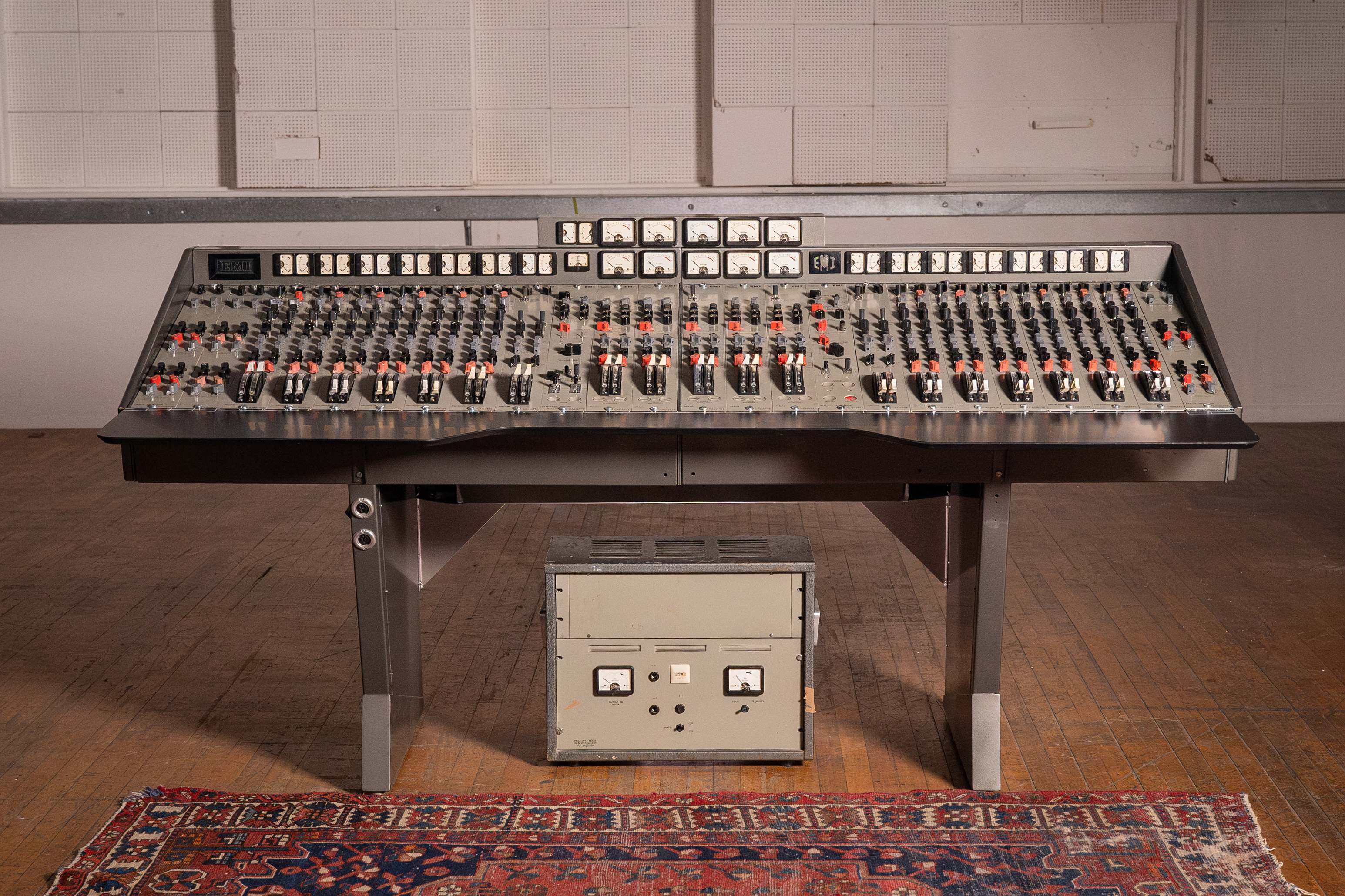
"Using this console for this session was a massive honour," says Nelson. "It’s got an amazing EQ. On each channel, it’s only got a treble and a bass, but they’re so broad and they’re so musical that it worked. We did a whole band on it yesterday, and we didn’t really need anything else. The compressors are insane - it’s almost like having a Fairchild on every channel.” A 24-input/8-output console, the TG 12345 MKII was the first mixing desk in history to have a compressor on each channel.
Want all the hottest music and gear news, reviews, deals, features and more, direct to your inbox? Sign up here.
The console is owned by producer and engineer Mike Hedges, who worked in Abbey Road's Studio 2 in the '80s. "I once threatened to stop working at Abbey Studios after being told that they planned to switch from EMI to a different brand of consoles," says Hedges. "That is how I managed to purchase the consoles - a deal was done for me to acquire the replaced consoles.”
"It's a one-off, it's unique. This was the very first one," says former Abbey Road engineer Dave Harries. "This was built to be the best, and it holds up against any modern console. No compromise. You can’t replace this. Provided a bomb doesn’t hit it, it will always stay the same and be usable forever, because it does what it does so well."
The console will be going up for sale on October 29th at 7:00 AM US Central Time. Rather than an auction, the sale will be a fixed price set by the owner, but the seller is open to offers.
How much the console could go for is anyone's guess, but back in 2017, an EMI TG12345 MKIV used on Pink Floyd's Dark Side of The Moon sold for $1.8 million. As a rare prototype version of the same console, used by the most famous band in musical history, this one's likely to fetch significantly more than that.
Visit Reverb's website to find out more.
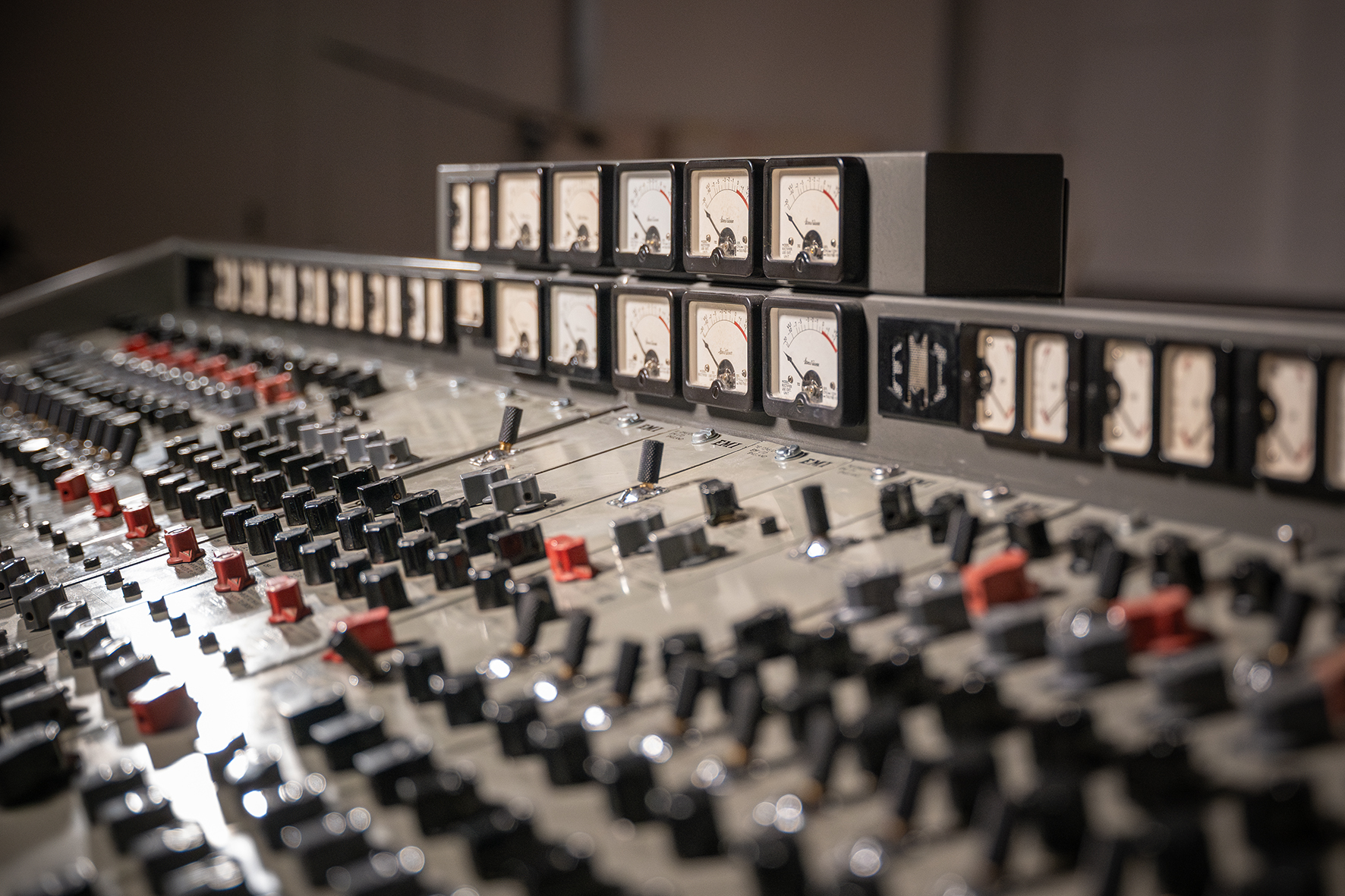
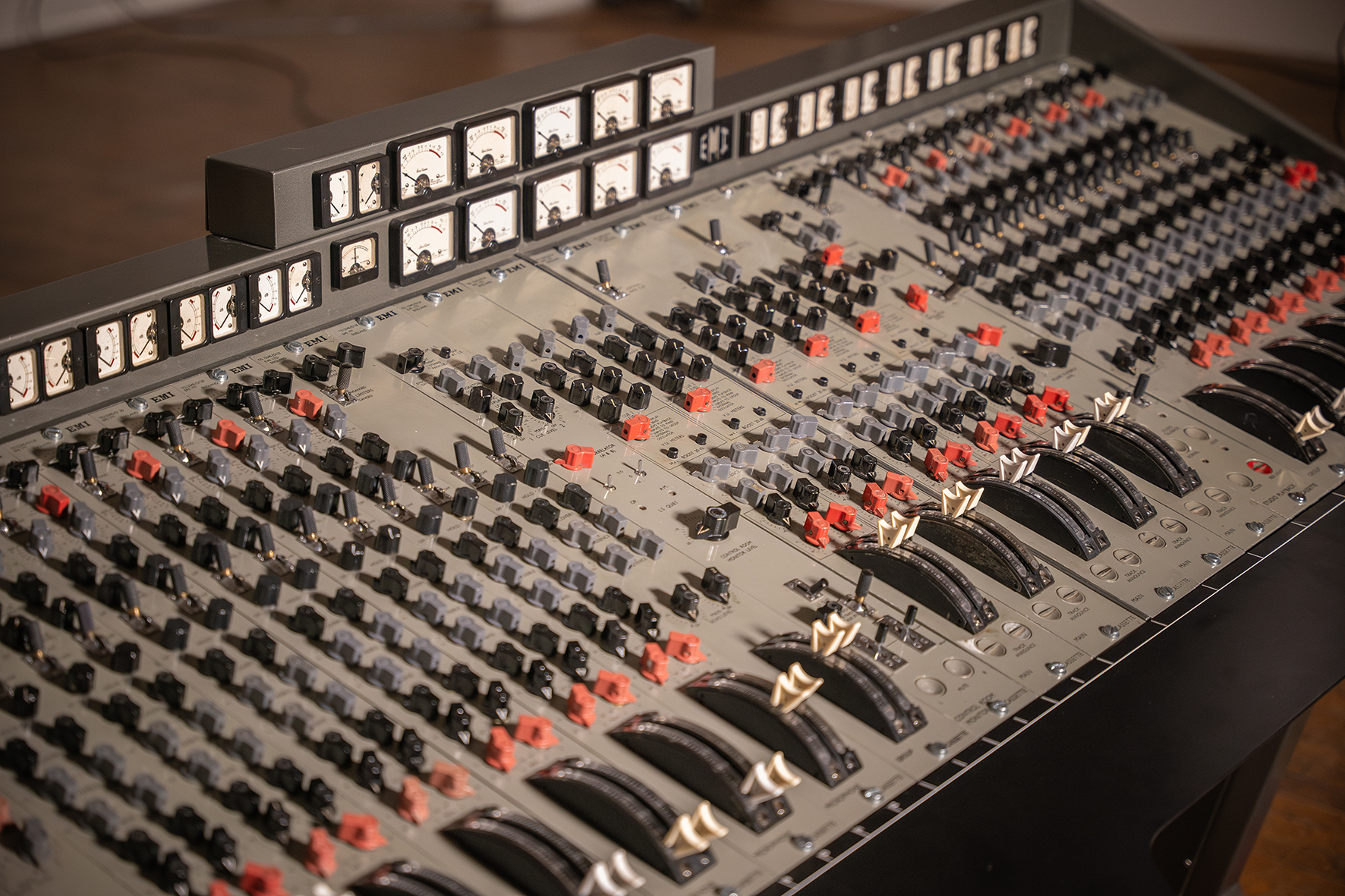
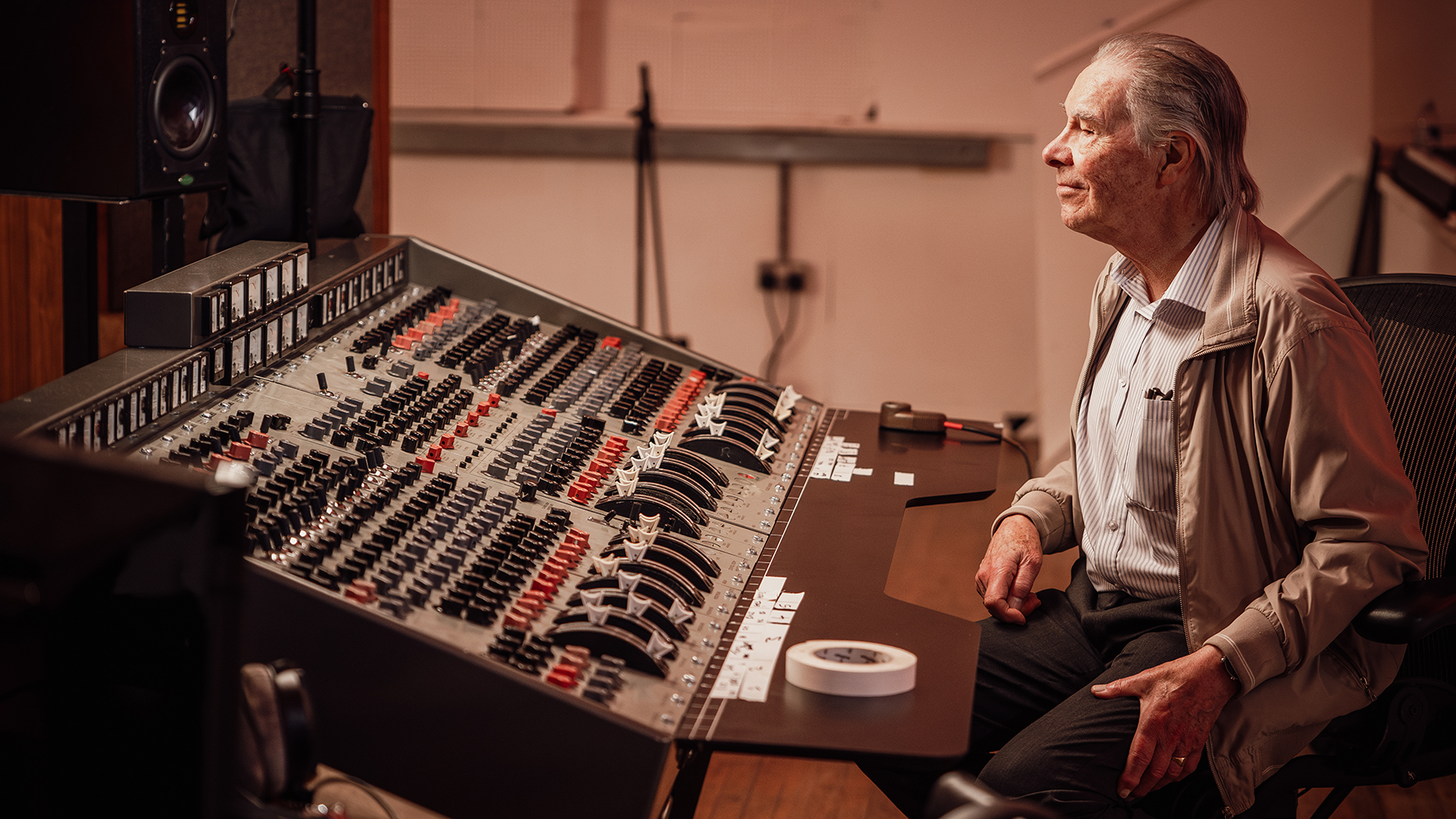

I'm MusicRadar's Tech Editor, working across everything from product news and gear-focused features to artist interviews and tech tutorials. I love electronic music and I'm perpetually fascinated by the tools we use to make it.
